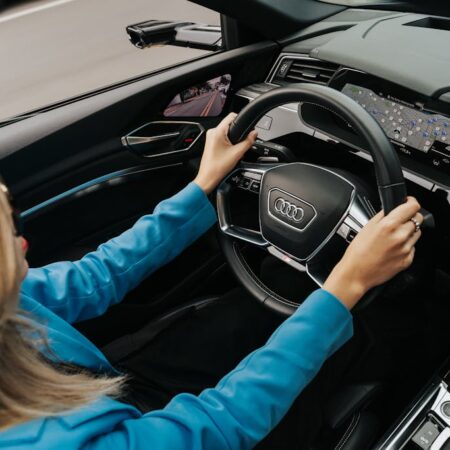Gap insurance is a type of auto insurance coverage designed to protect you financially if your car is totaled or stolen and you owe more on your loan or lease than the vehicle is worth. This situation is more common than many people realize, especially with new cars that depreciate quickly. Gap insurance can help cover the difference between what your insurance company pays out and the remaining balance on your loan or lease, potentially saving you from significant financial hardship.
How Gap Insurance Works
When you purchase a new car, its value begins to depreciate the moment you drive it off the lot. If your car is totaled in an accident or stolen, your insurance company will typically pay you the current market value of the vehicle, not the amount you owe on your loan or lease. In many cases, this payout may not be enough to cover the outstanding balance. Gap insurance steps in to cover the difference, ensuring that you’re not left paying off a loan for a car you no longer have.
Who Needs Gap Insurance?
Gap insurance is especially useful for individuals who are financing or leasing a vehicle. If you have a large loan or a lease with a low down payment, you may owe more than the car is worth in the early years of ownership. In this case, gap insurance can provide peace of mind by protecting you from the financial burden of paying off a loan for a totaled vehicle. It’s also a good option for people who have cars that depreciate quickly, such as luxury vehicles or models that lose value faster than others.
When Is Gap Insurance Not Necessary?
While gap insurance can be a lifesaver in certain situations, it’s not always necessary. If you own your car outright or have a small loan balance, the payout from your standard auto insurance policy may be enough to cover the value of your vehicle in the event of an accident. Additionally, if you have a high down payment or a short loan term, you may not need gap insurance, as the car’s value will likely be close to or greater than the amount you owe.
How to Purchase Gap Insurance
Gap insurance can be purchased through your auto insurance provider, or you may be offered it through the dealership when you buy or lease a vehicle. Some auto lenders or leasing companies may require you to carry gap insurance as part of your loan or lease agreement. If you choose to buy gap insurance through your insurer, it’s important to compare the cost and coverage options to ensure that it fits your needs. Be sure to read the terms and conditions of the policy to understand what is covered and any exclusions that may apply.
Gap insurance is an important coverage option for anyone who is financing or leasing a vehicle, especially if the car’s value depreciates quickly. It helps protect you from financial loss by covering the difference between the insurance payout and the amount you owe on your loan or lease. While not necessary for everyone, gap insurance can provide valuable peace of mind in the event of a total loss, ensuring that you’re not left with a large debt for a car you no longer own.







